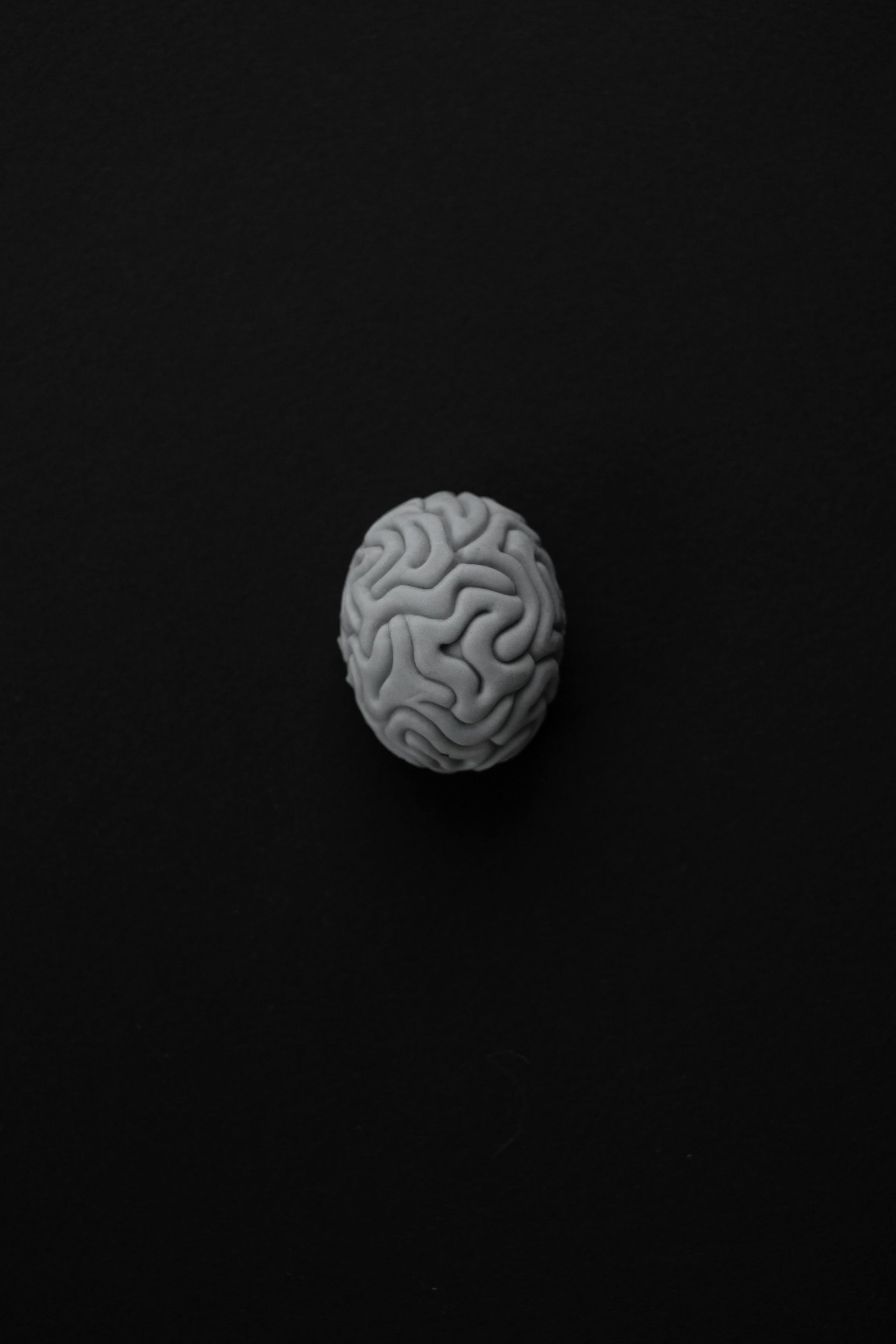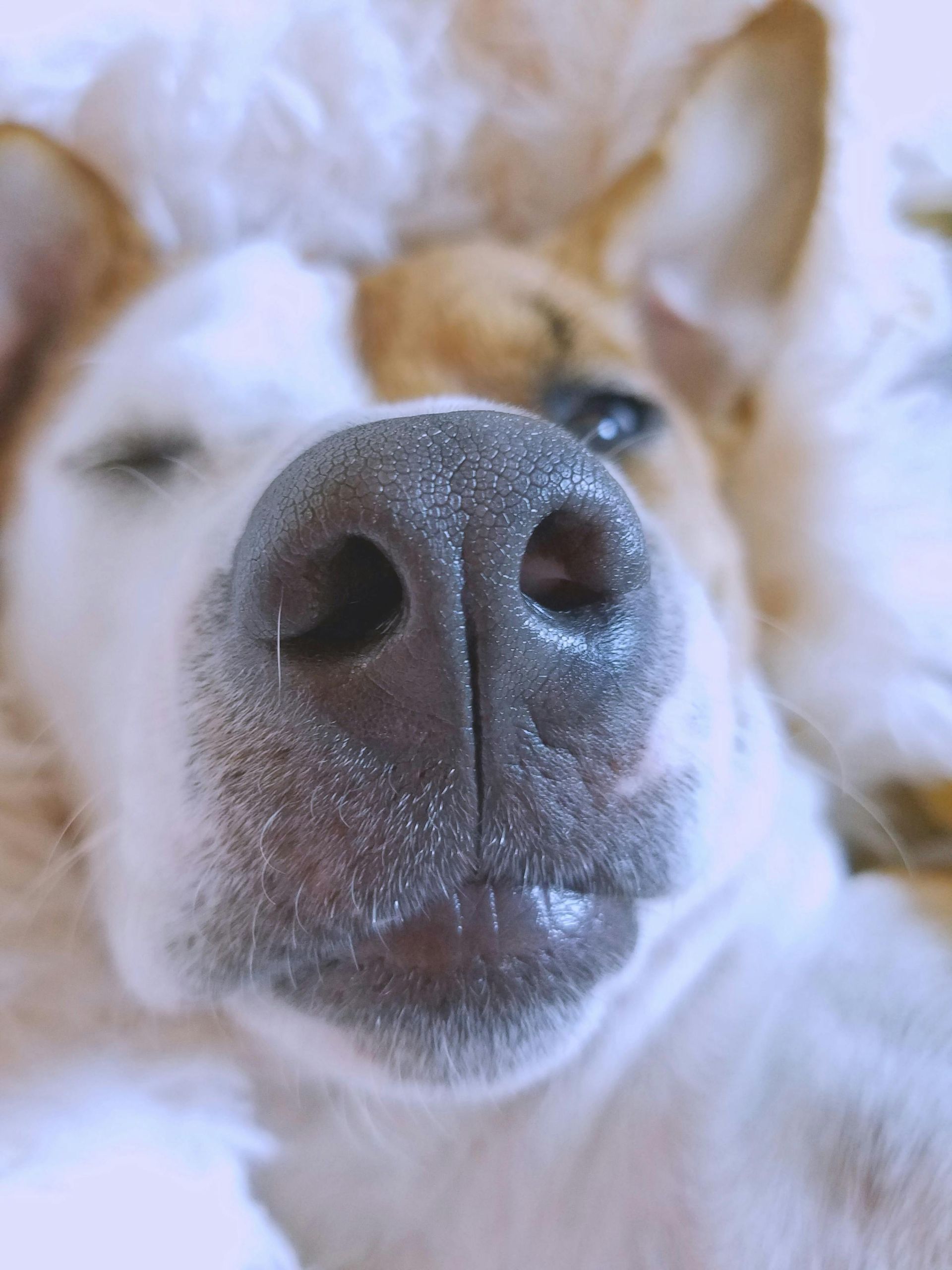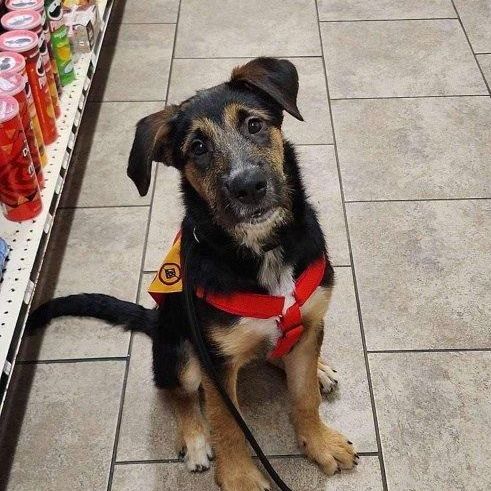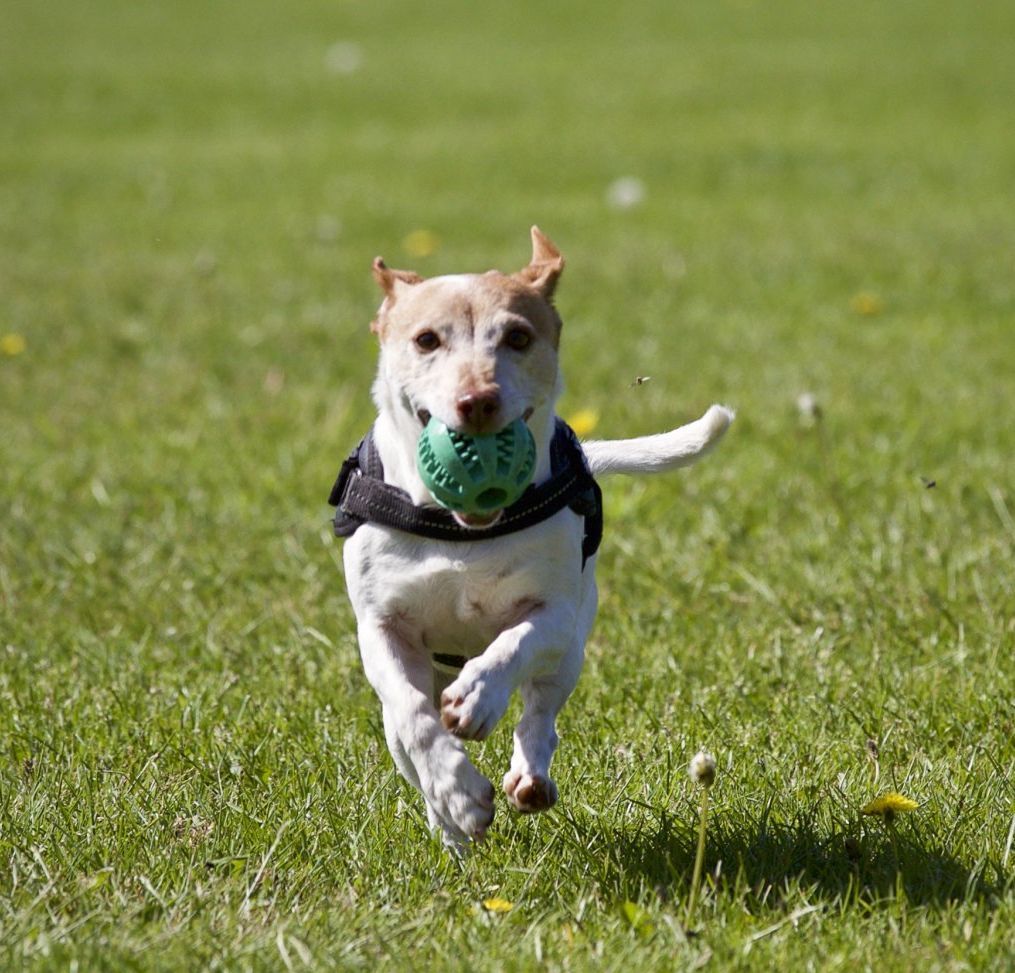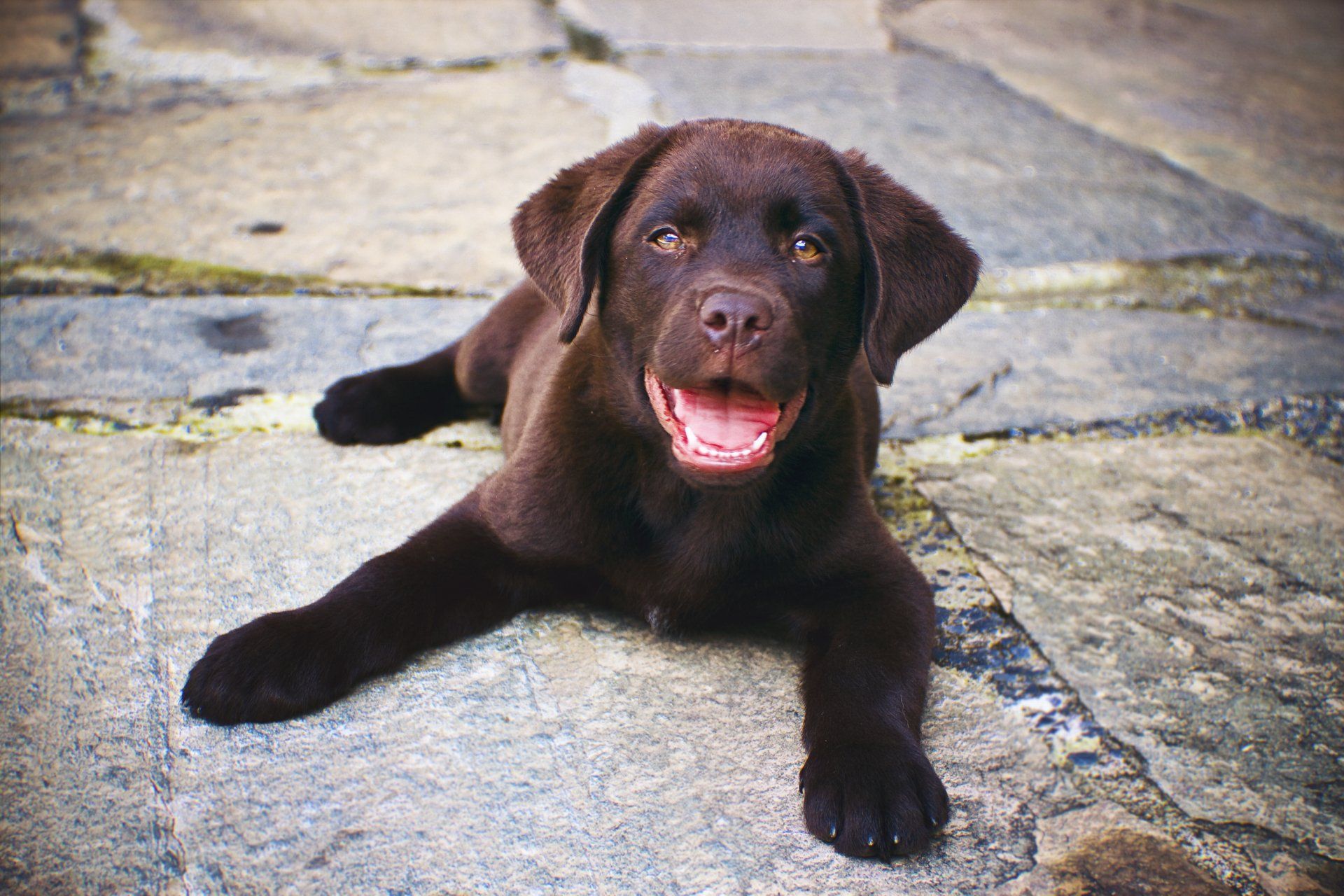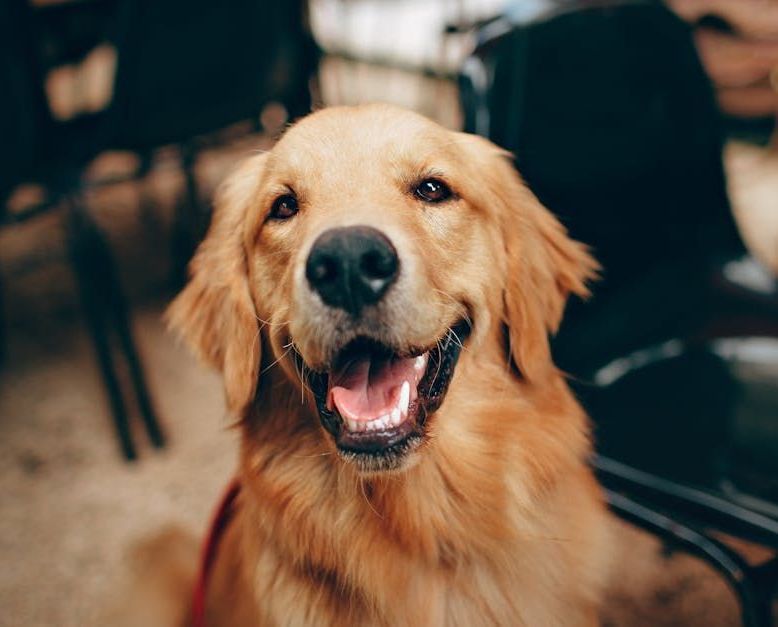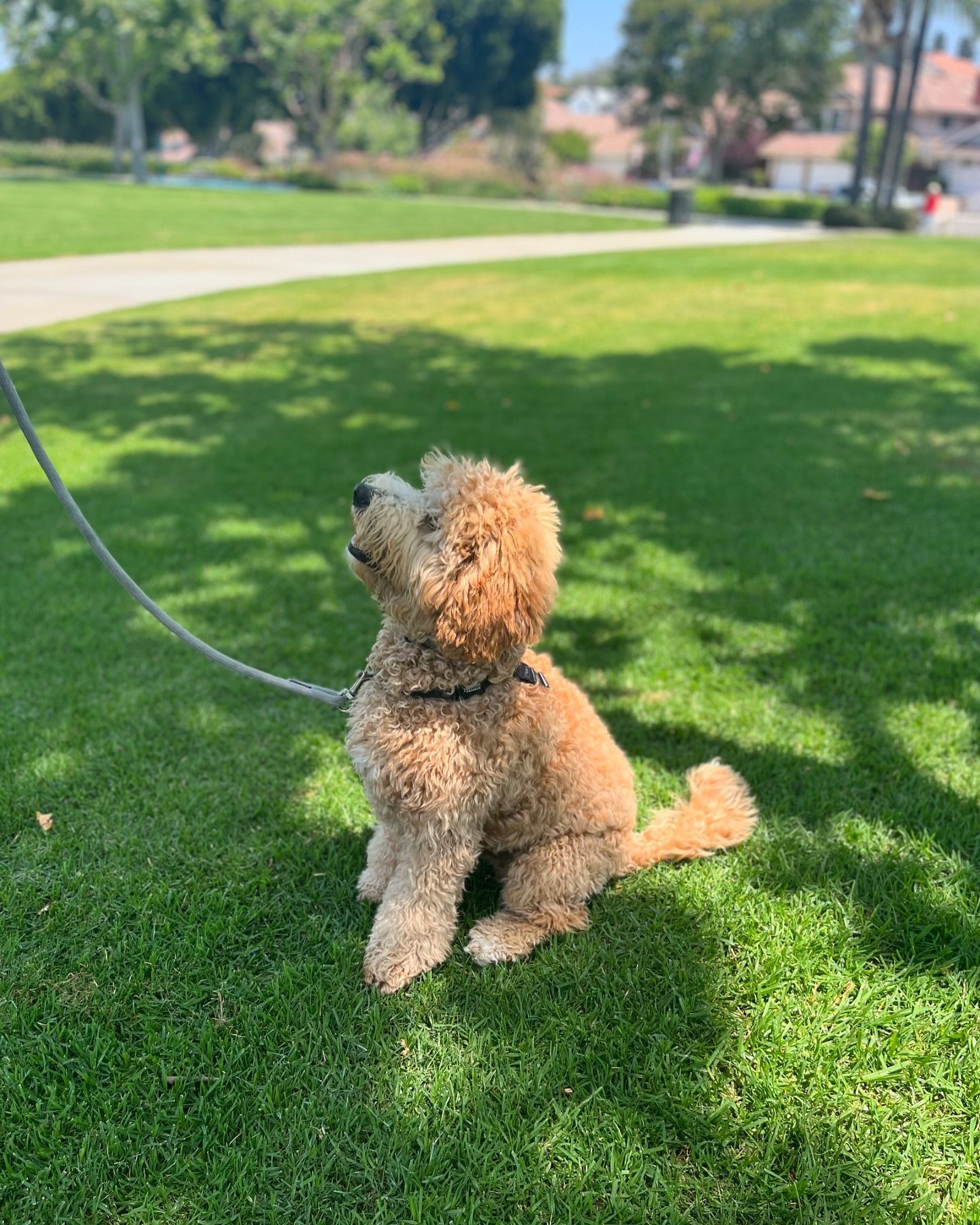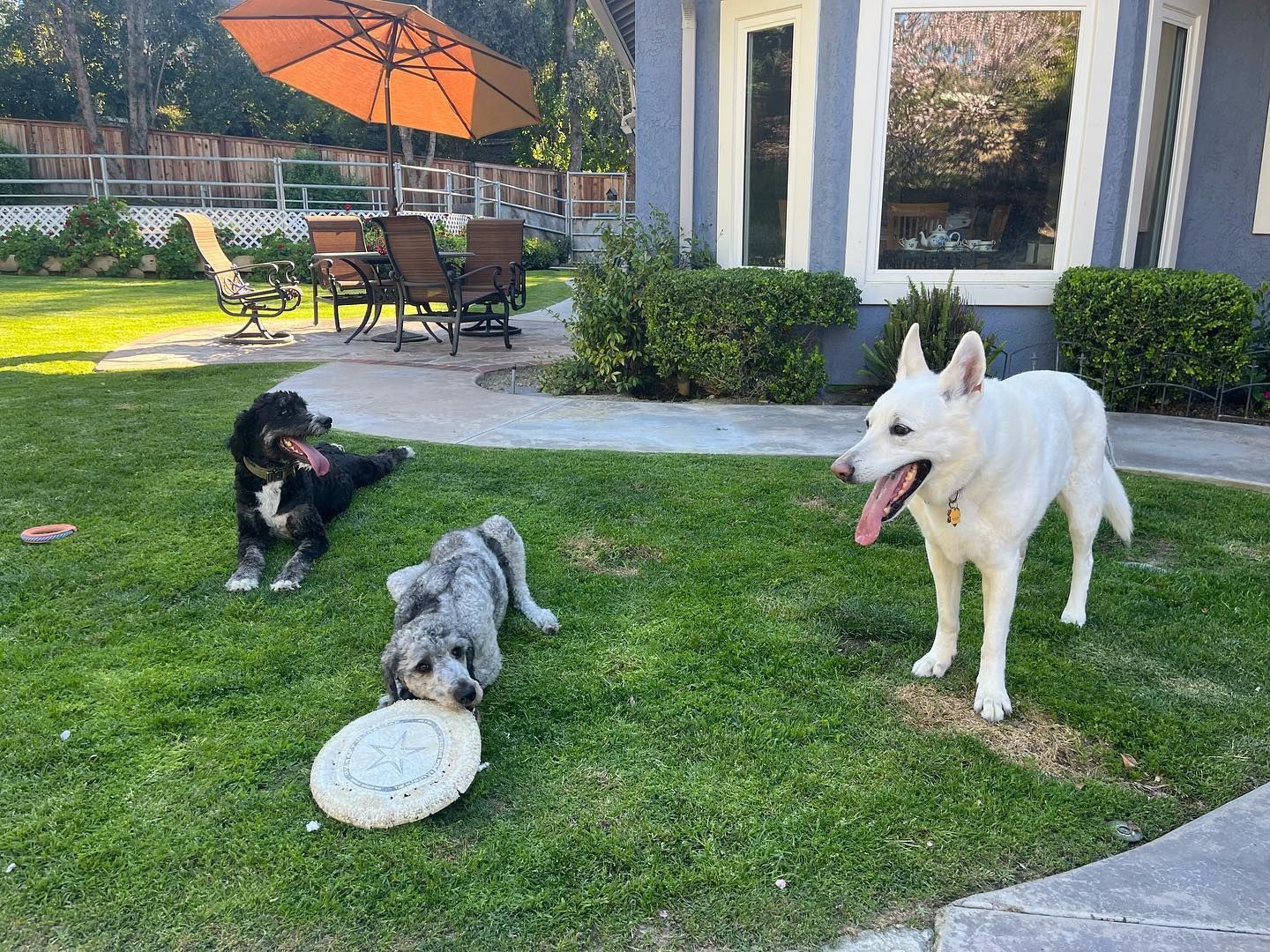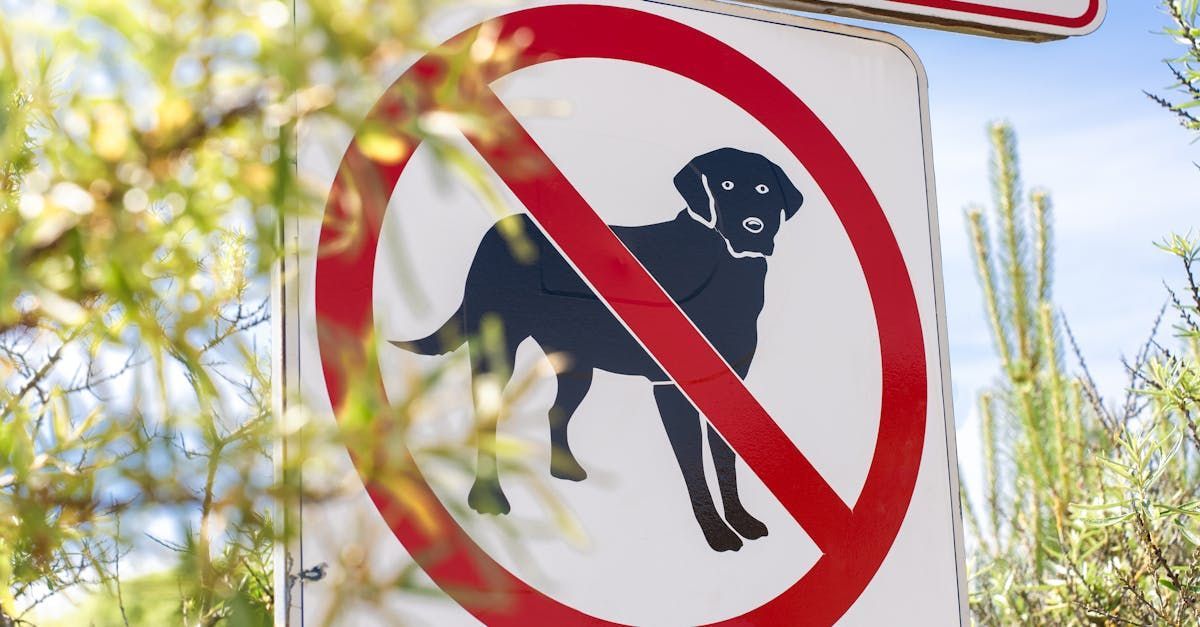
The Secret to Raising a Well-Behaved Puppy with In-Home Dog Training
The Secret to Raising a Well-Behaved Puppy with In-Home Dog Training
Bringing home a new puppy is exciting, but let’s be real—it’s also a little chaotic. One minute they’re snuggling in your lap, and the next, they’re chewing your shoes, barking at nothing, and treating your living room like their personal bathroom. If you’re feeling overwhelmed, you’re not alone.
That’s where in-home dog training comes in. Working with your puppy in their own environment can make all the difference when it comes to shaping good behavior and building lifelong habits.
Why In-Home Training is the Best for Your Puppy
Puppies learn best in familiar surroundings. Think about it—why would they behave perfectly in a group class at a facility, only to come home and forget everything? Training at home allows your puppy to learn in the exact place where you want them to listen and behave. Plus, it helps address specific challenges, like jumping on guests, barking at the door, or ignoring boundaries inside your home.
Key Puppy Behaviors to Work on Early
The first few months with your puppy are crucial. This is when they’re the most impressionable, and setting expectations early prevents major behavior issues down the road. Here are some must-have skills to focus on:
1. Potty Training
Consistency is everything when it comes to house training. Establish a routine, take your puppy out frequently, and reward them when they go in the right spot. If accidents happen (and they will), avoid punishment—just clean up and stay consistent.
2. Crate Training
A crate isn’t a punishment; it’s your puppy’s safe space. Teaching them to love their crate helps with potty training, prevents destructive chewing, and makes traveling or vet visits easier. Start with short sessions, use treats, and make it a positive experience.
3. Socialization
Socialization isn’t just about meeting other dogs—it’s about exposing your puppy to new sights, sounds, and experiences. The goal is to help them grow into a confident, well-adjusted dog. Have visitors over, introduce them to different surfaces (grass, tile, wood floors), and take them on car rides.
4. Basic Obedience
Commands like sit, stay, and come are essential, but they need to be taught in a way that makes sense to your puppy. Keep training sessions short and fun, and always use positive reinforcement (treats, praise, or playtime).
5. Stopping Unwanted Behaviors
Chewing, nipping, and excessive barking are common puppy behaviors that need to be addressed early. Redirect chewing to appropriate toys, use structured play to manage biting, and reinforce quiet behavior instead of accidentally rewarding barking.
How a Professional Trainer Can Help
While there’s a ton of puppy training advice out there, nothing beats hands-on guidance from a professional. A trainer who specializes in in-home dog training can tailor the experience to your puppy’s specific needs, working on behaviors in real-time where they actually happen.
Professional training helps prevent future behavior problems, builds confidence, and strengthens the bond between you and your dog. Plus, it takes some of the stress off your plate—because let’s face it, raising a puppy is a lot of work.
The Bottom Line
In-home dog training is one of the best investments you can make in your puppy’s future. By starting early and focusing on positive, structured training in their home environment, you’re setting the foundation for a well-behaved, happy dog.
Need help getting started? Reach out to a professional trainer who can guide you and your puppy through the process. The sooner you start, the easier it will be to shape good habits that last a lifetime.
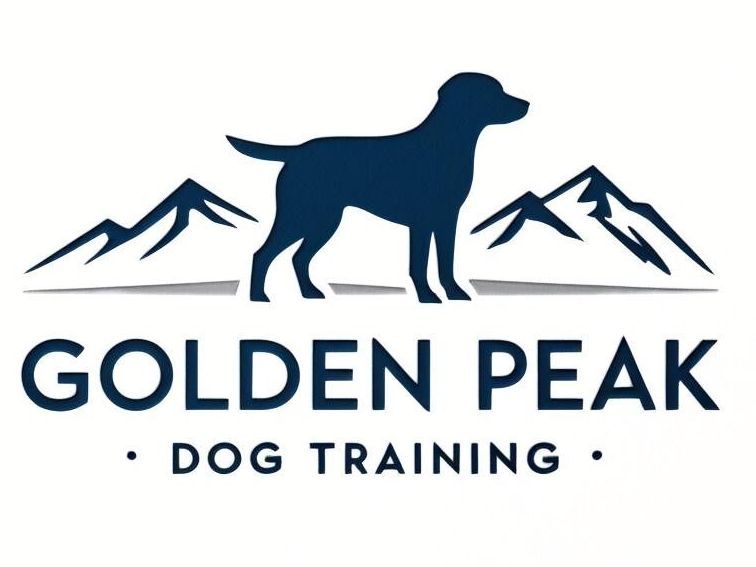
CONTACT US
Phone: (720) 449-6550
OUR LOCATION
Based in Aurora, CO & Serving Denver
All Rights Reserved | Golden Peak Dog Training: Terms | Policies | Disclaimer | Template from Make It As A Dog Trainer | Hosted by Makena Creative
